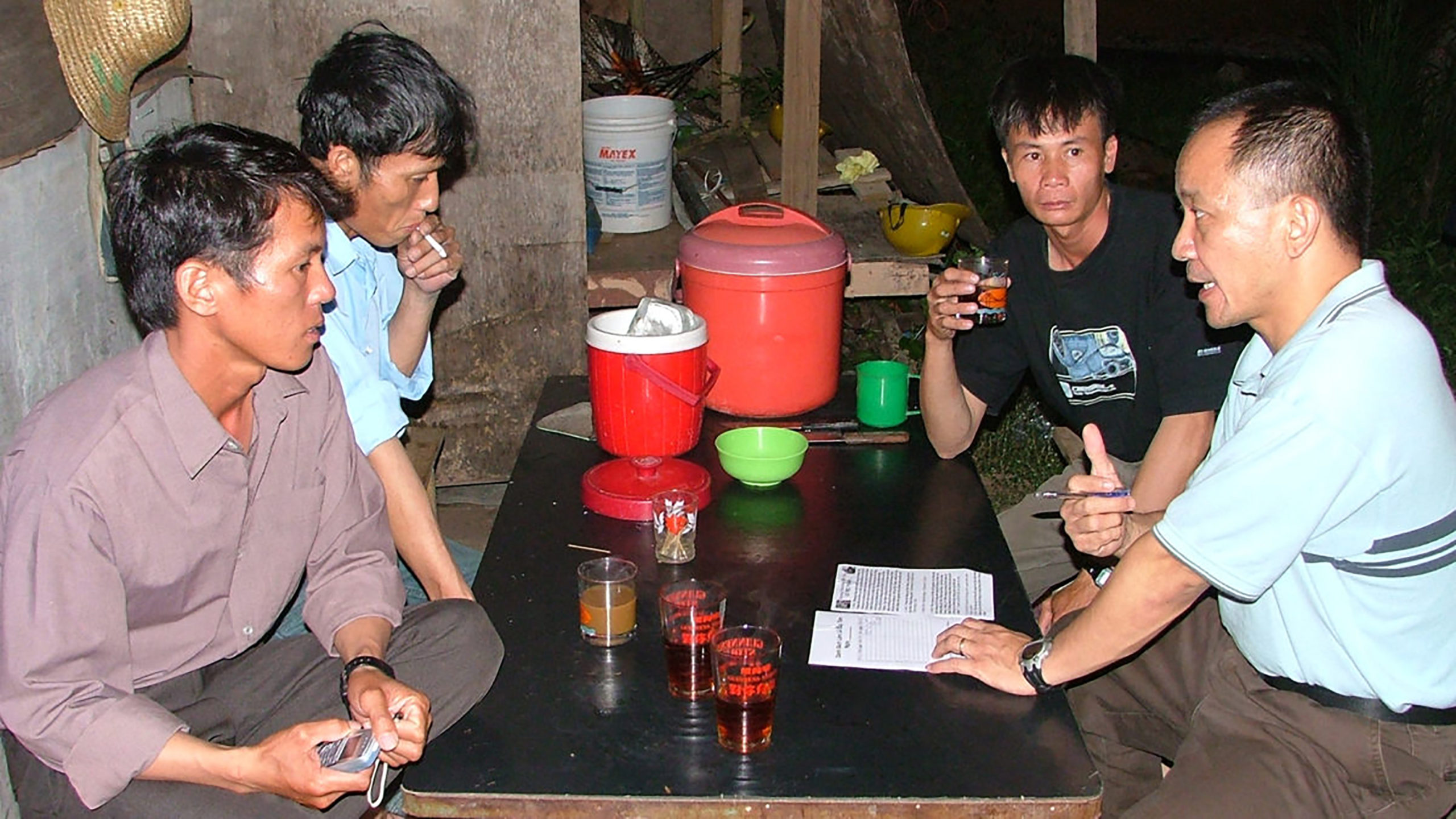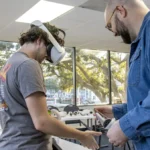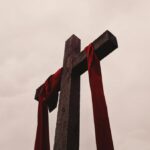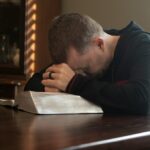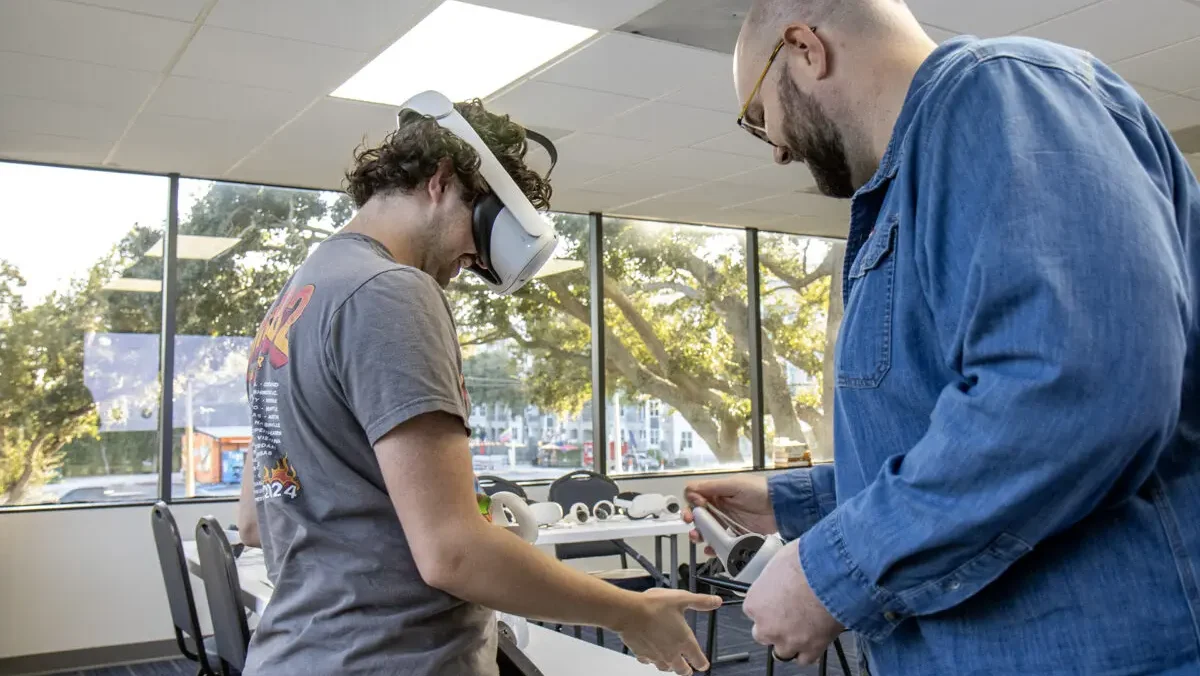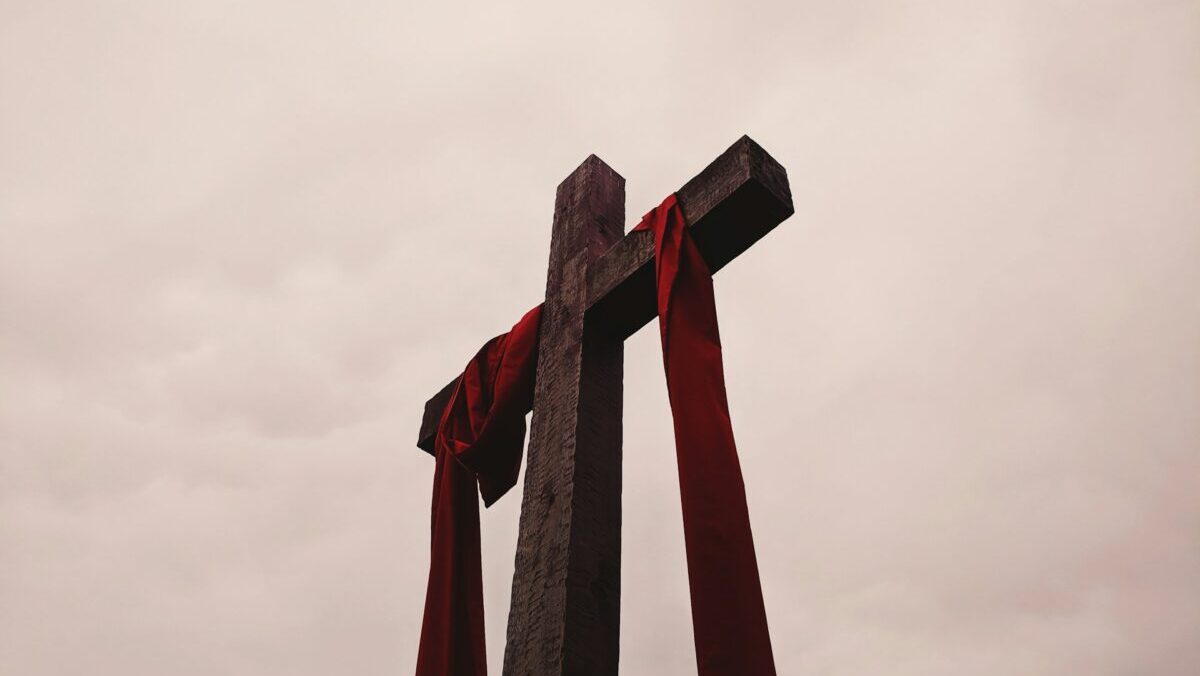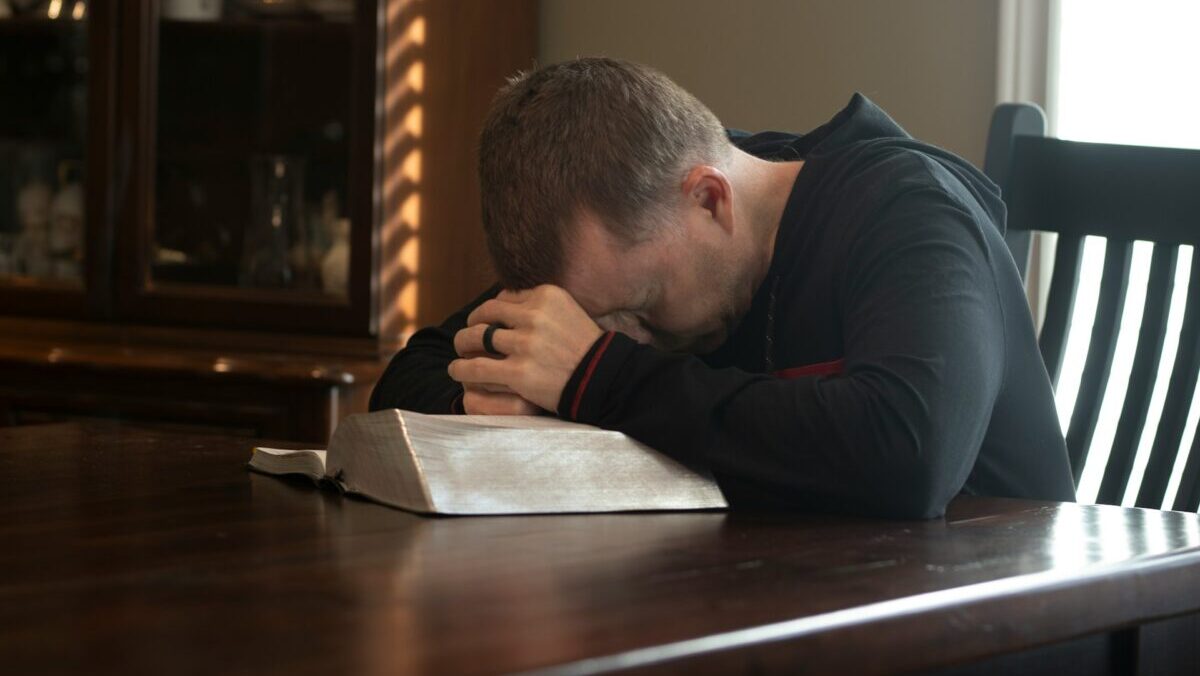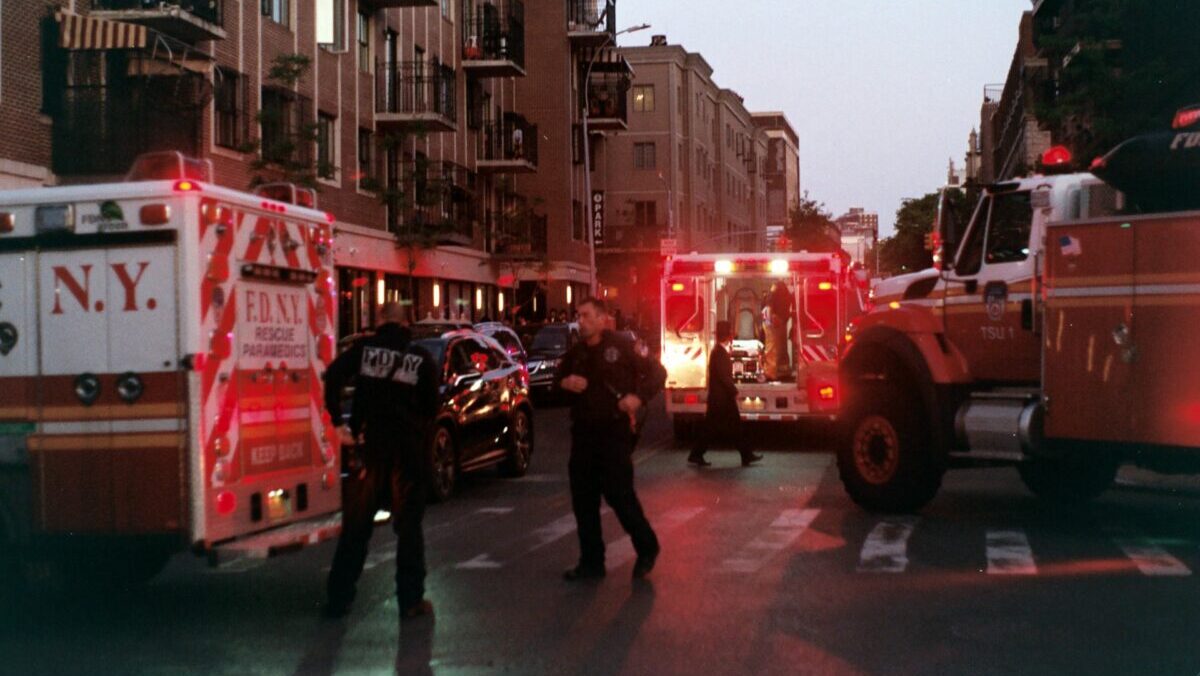Crawly things moved all over the rancid slab of off-colored meat. The village leader reverently handed it to the visiting missionary, motioning for him to eat. If the missionary ate the entire thing, he would be granted access to the village and allowed to share about Jesus’ saving grace.
Henry Phan watched in amazement as his father calmly ate from the platter. The 10-year-old looked down at his much smaller piece of meat topped with bugs. He closed his eyes, held his breath and took a bite.
“We ate all of that meat. Then, my father shared Jesus with the leader and changed the course of eternity for that village,” the now 60-year-old International Mission Board missionary reminisced.
“I’ll never forget the joy of seeing the first convert, the first disciple, the first baptism and the first church.”
Living the missionary task — no matter the cost — is a Phan family legacy that spans three generations. It all began when Western missionaries shared the gospel in Vietnam with their family and discipled the new believers to reach their neighbors and beyond.
First generation
David and Linda Phan, Henry’s parents, took the Great Commission seriously.
They served as home missionaries in Vietnam to some of the remotest areas of the country as tension between the north and south escalated into war. They teamed up with Wycliffe to translate the Bible in local dialects while also starting churches and discipling new believers.
“They took us children with them and involved us in reaching out to other ethnic groups,” Henry said. “Missions wasn’t exactly taught to us as much as it was just a way of life. We saw our parents immerse themselves every day with passion and zeal in the missionary task.”
Throughout the Vietnam War, David and Linda continued sharing the good news and baptizing believers. But when U.S. troops pulled out of the country in 1975 and communist authorities reunited Vietnam, the Phans were among the tens of thousands of refugees the U.S. Congress authorized to evacuate and resettle in the country.
With the influx of refugees from Cambodia and Vietnam, the Phans found their ministry hadn’t ended but simply continued in their newly adopted country. Once the whole family resettled in Virginia, the couple began working with the North American Mission Board. In 25 years, they started 25 churches among refugees and Asian-Americans, never straying from their call to carry out the Great Commission.
So when Henry came home from college and announced he planned to work at a refugee camp in the Philippines for the IMB, it felt natural. In fact, it wasn’t long before David and Linda did the same in their retirement years, spending two years ministering in the Philippines and another three years in Vietnam, all with the IMB.
Second generation
Henry spent most of his adult life working with diaspora missions. The word “diaspora” refers to the movement, migration, settlement or scattering of people away from their indigenous homeland. This encapsulated his family and all of those in the refugee camp in Southeast Asia where he spent two years as a Journeyman. He worked with those who immigrated from Vietnam, Cambodia and Laos from persecution. Hundreds of thousands of people passed through the camp on their way to resettlement in various countries.
The first-generation American related on a whole different level. He remembered entering the U.S. as a pre-teen and being overwhelmed. Besides teaching basic auto mechanics and how to drive, Henry stressed hope in Jesus Christ.
“I saw great suffering — emotionally and physically. They lost so much in their life,” Henry said. “But I saw God at work drawing people to Him.”
Henry met a young woman, Thu, in this camp who years later became his wife. Thu’s family fled from Vietnam to escape religious persecution and immigrated to California. After the couple married, they worked at a church and began a family in the state of Washington.
In the meantime, Henry’s brother, Paul, left with his wife, Cam Thach, and children for Southeast Asia to work with unengaged unreached people groups (UUPGs) through the IMB. Following in their father’s footsteps, Paul traveled to hard-to-reach places to share with those who have never heard Jesus’ name.
As the Cold War era came to an end, Henry and Thu found themselves back on the missions field with two children. When the Berlin Wall fell in 1998, they worked with Vietnamese coming across from Eastern Bloc countries into Germany. They eventually moved back to Southeast Asia to work with migrant workers, most escaping some type of persecution or ethnic cleansing back in their home countries.
Now Henry and Thu live on the West Coast working with the IMB’s diaspora coalition to help churches reach the nations residing in their neighborhoods.
After 20-plus years of planting churches and discipling young believers, the couple have stories of success and failure to share but all lead back to simply starting a conversation, developing a relationship and planting a seed through gospel conversations.
“As the old adage goes, you can count how many seeds are in an apple, but you can’t count how many apples will come from one seed. The fruitful seed can grow hundreds,” Henry said. “We had a man who was on fire for the Lord after his life changed dramatically. We discipled him and now he has shared with hundreds of others.
“That’s what we hope to see with the gospel — multiplication through relationships,” Henry said.
“It’s what my parents taught me and it’s what we tried to model for our own children.”
Third generation
Theresa Dacio swore she’d never be a missionary. See related story here.
She even announced the fact to her parents, Henry and Thu, at the age of 10. She just wanted to live in the U.S., be comfortable and stay in one place.
When God nudged Theresa’s heart to the mission field, she didn’t tell her parents until tickets were purchased for her assignment in Asia. She kept waiting for God to slam the door. Why tell anyone? However, the second-generation American couldn’t shake the feeling that it was time to step out of her comfort zone and allow God to fully use her.
Her degree in healthcare administration opened doors normally shut to the gospel. Her team of doctors and nurses took healthcare to the rural areas of Asia where poverty reigned and few knew of Jesus’ redeeming love. She also taught 600 students at a local university.
Like her grandparents, parents, uncle and aunt, Theresa saw lives changed for eternity.
Now she hopes others will do the same.
Theresa stressed that believers do not need to have a legacy missions background to share the gospel message. In fact, that family legacy almost kept her from going. She wasn’t sure if she could follow in their footsteps. Then, she realized God asked the same from every believer. Obey His call to reach all nations, whether that is next door or in another country.
“We are not called to comfort,” Theresa said, challenging her generation of 20 and 30-somethings to get involved. “You are meant to go. God will equip you and give you the tools you’ll need like language, relationships and confidence to share His message.”
For more information on IMB’s efforts to mobilize Asians and Asian fellowships, contact info@imb.org.
See more stories on the Asian Church Missions page. It includes videos, stories and children’s materials to help connect with Asian contributions within the Southern Baptist Convention.
Join IMB in celebrating Asian American Pacific Islander Heritage Month with stories of those who have answered God’s call to the nations.
EDITOR’S NOTE — This story was written by and originally published by the International Mission Board.

